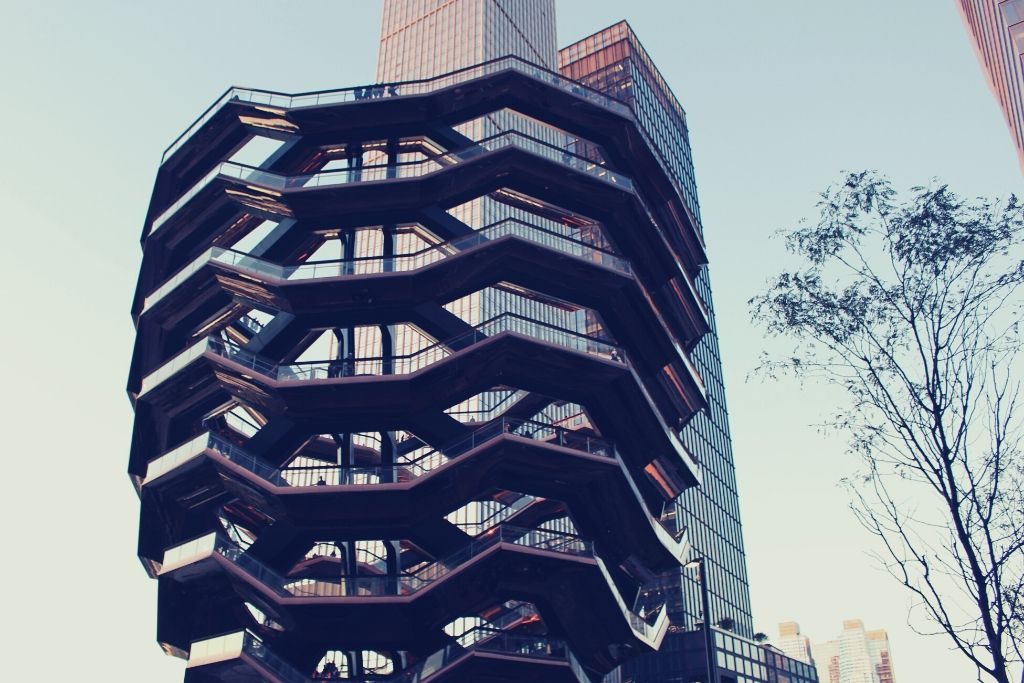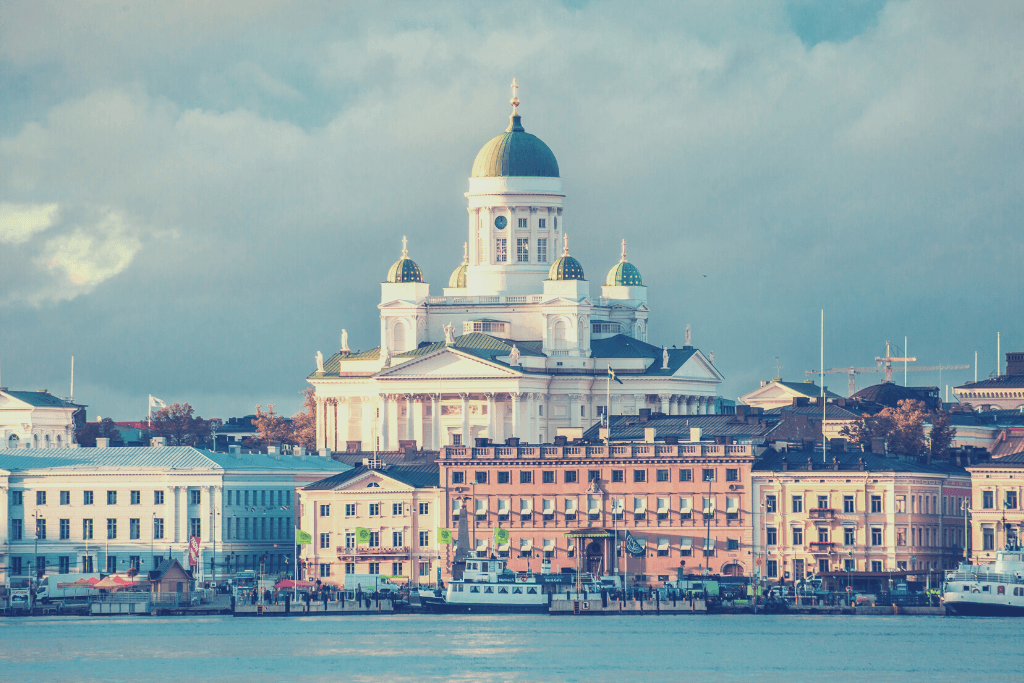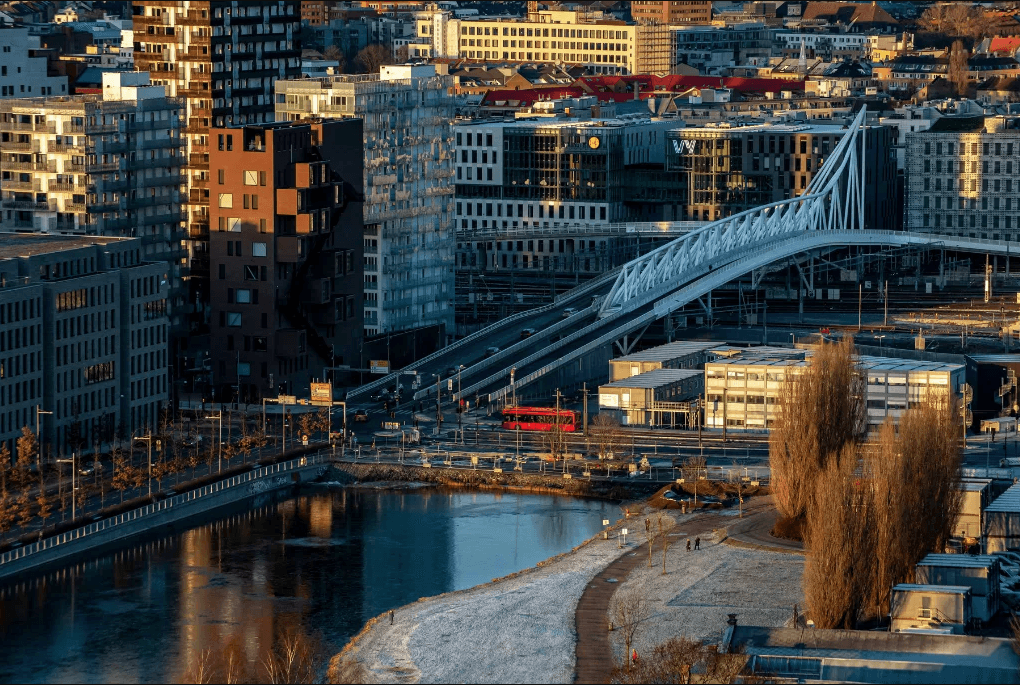The 2010s have been a monumental decade for architecture around the world. As the Western world slowly recovered from the recession of 2008 and the environmental concerns accelerated, many projects took a minimalist and introspective route. The meteoric rise of digitalization and building technologies like the Internet of Things (IoT) paved the way to smarter, greener buildings. In the meantime, increasing awareness about issues like sustainability, accessibility, and gender equality inspired a new generation of architects. A bigger conversation than ever about issues like cultural sensitivity and identity took place in boardrooms and architectural conferences.
The past ten years also marked the unstoppable rise of Asia and other emerging markets. As these economies are grappling with the rapid urbanization and evolving demographics, some of the most ambitious architectural projects of the decade tried to cater to these needs.
As we’re nearing the end of an era, we reviewed some of the most impressive architecture projects of 2019, which reveal many of the turns this soon-to-be-bygone decade took. These buildings are crucial not just for the aesthetic and functional qualities they have, but also for reflecting the economic and social progress of the 2010s.
Beijing Daxing International Airport (Beijing, China)

Even though the legendary British-Iraqi architect Zaha Hadid passed away in 2016, her vision and legacy continued to shape the architectural world. Designed by Hadid herself and brought to life by Patrik Schumacher, principal of Zaha Hadid Architects, 2019 has seen the inauguration of the Beijing Daxing International Airport.
Shaped like a giant starfish, this 700,000-square-meter terminal can serve a whopping 45 million passengers through its 79 gates. The design aligns with the principles of traditional Chinese architecture, which means the four-story airport is circling a central dome. This way, the rushing passengers can reach even the farthest gates within eight minutes on foot.
This exquisite design is efficient too: Supported by solar panels and a centralized heating system, the building also collects and manages rainwater.
The Vessel (New York City, USA)

This futuristic sculpture resembling an enormous honeycomb has been welcoming visitors since March 2019 to climb its 154 staircases in Manhattan, New York City.
Created by the British designer Thomas Heatherwick’s Heatherwick Studio, Vessel has an interactive nature. It invites visitors to climb and explore the structure together to boost social connections in a time of isolation. The spiral staircase offers new perspectives of the city from various vantage points and height.
According to its creators, it’s difficult to give an architectural specification to the Vessel. During a tour, Heatherwick Studio group leader and partner Stuart Wood described the structure to journalists as “not a building, it’s not a sculpture, it’s not an artwork, and yet it has scale and relevance to all of those typologies.” Yet, he considers this new public landmark as a piece of social furniture for generations to enjoy and build connections.
National Museum of Qatar (Doha, Qatar)

This museum exploring the history of Qatar stands sandwiched between the sea and skyscrapers in Doha. It opened its doors to visitors in March 2019. French architect Jean Nouvel designed the complex as a reinterpretation of the Qatari landscapes and progress in the last several decades.
With dunes, flooded crops, and gardens inspired by sabkhas and oases, the building‘s design is a nod to the harsh desert where the people of Qatar thrived in for centuries.
The structure is modeled after a “desert rose”, a flower-like mineral crystallization that occurs under the Gulf sun. Hence, the museum boasts curved, interlocking disks and cantilevered angles to tell the story of Qatar’s progression from humble beginnings to a significant international player.
Panda House (Frederiksberg, Denmark)

In November 2019, Danish architects Bjarke Ingels Group completed a ying-yang shaped addition to the Copenhagen Zoo to create a home for the two giant pandas, from Chengdu, China.
Pandas might be among the world’s most beloved mammals. But they are also one of the rarest due to risks of extinction. One reason for this is how rare pandas reproduce: For them to mate, the environment has to be absolutely optimum. Hence, the designers of the Panda House collaborated with zoologists to mimic the most ideal natural habitat for pandas to live, be merry, and reproduce.
These introverted mammals need to live in isolation outside the mating season. When the designers decided to interpret this ying-yang literally, it translated into separate living areas for the male and female panda in the Copenhagen Zoo. This ying-yang also contains two forests, a dense one, as well as a light green bamboo forest, which caters to pandas’ dietary and lifestyle needs.
Leonardo (Johannesburg, South Africa)

This 234-meter skyscraper lies in Sandton, Johannesburg, which is South Africa’s leading business and finance hub. Completed in late 2019, Leonardo now the tallest building in Africa.
The Co-Arch International Architects built this 55-floor property to contain a mixture of functions like stores, offices, residential areas, and hotels. They used thin Dekton sheets for exterior cladding.
Remarkably, nine out of 11 architects who worked on Leonardo were women, in a country where only one in five architects are women.
Patrick McInerney, director at Co-Arc International Architects, expressed that Leonardo could be a “beacon of hope” for architecture and development in the continent.
New Andean Architecture (El Alto, Bolivia)

El Alto, the second biggest city of Bolivia, has experienced many of the typical challenges urban centers in emerging economies do. As one of the fastest-growing metropolitan areas in South America, its population skyrocketed from 30,000 in the 1960s to 1 million today, and climb to 2.5 million by 2050.
Meaning “The Height” in Spanish, the Bolivian city is the world’s highest metropolitan at 4,000 meters. It also boasts a fierce Andean culture: 75 percent of its residents are of the Indigenous Andean group of Aymara, which makes El Alto the city in Latin America with the highest density of Indigenous population. However, with the rapid urbanization and adjacent challenges, El Alto grew a reputation for being a monochrome city disconnected from its rich culture. Freddy Mamani, a Bolivian bricklayer-turned-architect, dedicated his genius and career to counter precisely this.
Known as the founder of the “New Andean Architecture”, several of Mamani’s projects went live in 2019. Elements of Andean culture, from woven textiles to mythical depictions of condors and pumas, inspire Mamani’s flamboyant and trippy buildings. More than 70 structures as such continue to inject color and personality to the streets of El Alto.
Vertical Forest of Nanjing (Jiangsu Province, China)

A brainchild of the celebrated Italian architect Stefano Boeri, Vertical Forest of Nanjing is one of the most ambitious examples of sustainable urban development.
Throughout its construction process until late 2019, the residential towers might have looked unassuming. However, according to the architect’s statement, the facades boast 600 tall and 200 medium-sized trees of 27 local species, 2,500 cascading plants and shrubs over a 4,500 square-meter area. These plants absorb 25 tonnes of carbon dioxide a year and produce about 60 kilograms of oxygen per day.
According to the World Health Organization, every year, over 4 million people prematurely die due to air pollution. Hailed as “living lungs”, the proliferation of the vertical forests as residential solutions around the world can relieve many of these challenges.
The 2020s: A Decade of Action and Innovations
These mind-bending architectural projects from the end of an era redefine possibilities and act as new visionaries, literally breathing fresh air into the industry.
The global challenges, ongoing social and economic progress, as well as emerging solutions, will no doubt continue shaping architecture in 2020 and beyond. Despite being deeply tied into the tides and turns of the global economy, architecture has the unique ability to be both the reason and a consequence of technological and social innovations.






